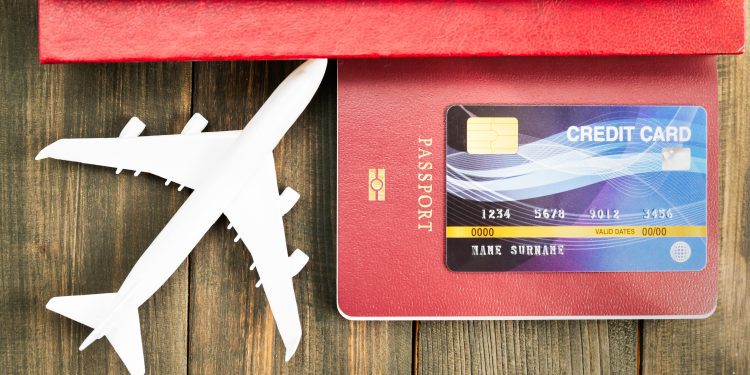Over the past few years, there has been a consistent campaign to lower the fees credit card companies charge merchants. That campaign scored a victory with the recent $30 billion settlement that Visa and Mastercard agreed to pay retailers.
Because rewards cards like airline miles cards generally charge higher processing fees, they have become the next target in regulators’ crosshairs. The Department of Transportation (DOT) and Consumer Financial Protection Bureau (CFPB) have announced a hearing on May 9 to investigate the fees charged by airline rewards credit cards.
“Travel credit cards are immensely popular product lines,” said Ben Danner, Senior Analyst of Credit and Commercial at Javelin Strategy and Research. “Delta reported last year that its co-branded card partnership with American Express is now reaching 1% of U.S. GDP in spend.”
Devaluing Rewards
The goal of the regulatory intervention is to protect consumers, who ultimately bear the cost of these card processing fees. Rewards cards, as a whole, have been under the CFPB’s microscope because they can mislead customers. Consumers are often so focused on the card’s rewards that they don’t realize they’re paying higher interest rates.
There’s no question that airline cards should be transparent about their rates, including how customers earn and redeem miles. However, there are concerns that forcing credit card companies to lower their processing fees could devalue the rewards that airline miles cardholders love.
“Issuers typically use revenue earned from interchange to cover rewards expenses such as the points and miles offerings found on airline cards,” Danner said. “Lowering the interchange rate will certainly have an impact on the breadth of rewards that issuers are able to offer.”
It’s also unlikely that consumers will see any benefit of fee-reduction on the front end. Just because airline rewards card companies lower their fees doesn’t mean merchants will pass that savings on to the customer. It’s highly likely that the consumer will still pay the same price at checkout, and no longer earn the rewards they’re accustomed to.














